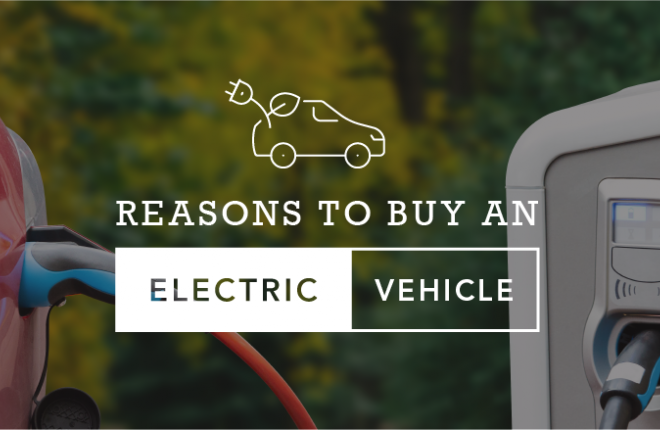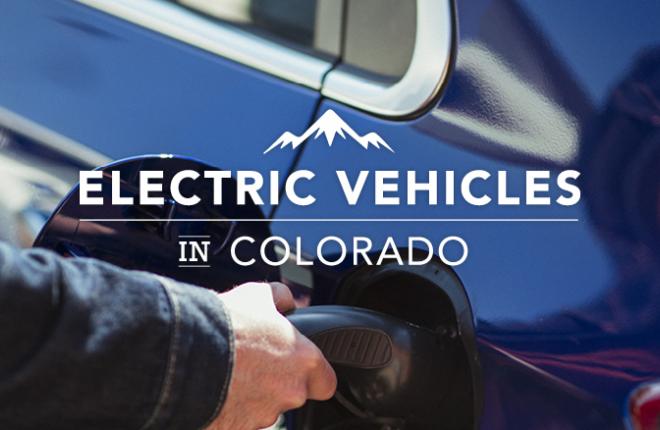
April 8, 2020
Energy Conservation Tips While You and The Kids #StayAtHome
Tri-State Generation & Transmission Association continues to monitor the impacts of COVID-19 across its member service area. As the pandemic impacts our member communities, we understand the potential for increasing financial struggles facing consumers as schools and businesses close. With more kids and parents staying home from school and work, there will be an influx of daily energy use. Here are tips and suggestions to lower your energy consumption while staying at home.
Energy Saving Tips At Home
1. Cooling and heating use contribute to the majority of your energy use. As stated on VisualCapitalist.com, 47% of energy use in your home comes from heating and cooling. You can reduce your energy consumption in heating and cooling by lowering your thermostat 1-2 degrees.
We recommend “setting it for the season.” Setting thermostats to 78 degrees during warm weather months helps reduce consumption. With each degree higher you set your thermostat, you can see a 3-4% decrease in energy use. Use fans to help you feel cooler, even with the higher thermostat setting.
Finding a comfortable temperature for everyone in your home is essential to cutting your heating and cooling costs. Wearing more layers can assist those in your family who are more prone to being cold, while others can wear lighter-weight clothes if it’s too warm for them. Finding a good compromise for the temperature settings during challenging times is important for everyone. You can also raise and lower your thermostat manually for nighttime and daytime temps. Lowering the thermostat at night a few degrees while you sleep can cut costs on unnecessary heating or cooling.
2. Your washer and dryer use 13% of energy use in your home. At eight loads of laundry a week, the average family uses both the washing machine and the dryer six hours each on average per week. Use cold water for washing as often as you can. Hang your laundry outside to dry when weather permits.
3. Change out lightbulbs to energy-saving LED or CFL light bulbs. Take an assessment of your house and find out which lights you use most frequently and swap those out for LED or CFL’s. LEDs use 90% less energy than standard bulbs and can last up to 15 times longer. Open blinds and windows and use natural lighting as much as possible.
4. Encourage activities that don’t require electricity such as schoolwork, reading, playing guitar, crochet, board or card games, painting, puzzles or outdoor activities such as gardening, biking, basketball, walking or hiking.

5. Towel dry or air dry your dishes. The heat cycle of automatic dishwashers uses a lot of additional energy. With everyone being at home eating three meals a day, you’ll discover the dish loads will be larger and more frequent. Using the air-dry method instead of heat dry will cut back on energy usage.
6. Turn it off lights or appliances that aren’t in use. Turning off lights, radios, TVs/computers or appliances that aren’t being used will save energy. Switching your TV to standby is also better than leaving your TV on, although it's still more energy-efficient to switch it off completely. For binge-watching or video gaming families, turn down the brightness levels of your TV or computers to conserve energy use.
7. Your water heater is also a major energy user in your home. You can reduce water heating costs (electric or gas) by using cold water for clothes washing. An easy way to reduce water heating costs is to reduce the water heater thermostat setting. A typical water heaters thermostat is set at 145 degrees at the factory. You can reduce this to 120 degrees and conserve energy while still having enough hot water for your household needs. A second way to reduce hot water is to reduce shower times.
8. Unplug less-used appliances when not in use. All electronics consume some power when they are plugged in, even if they are turned off.
How Tri-State is Committed
Tri-State Generation & Transmission Association is committed to providing safe and reliable energy and ensuring home and business continuity in these challenging times. We are not currently experiencing any disruptions in delivering electric service to our members.
Together with our electric cooperatives and public power district members in Colorado, New Mexico, Wyoming and Nebraska, we are expanding renewable energy generation and reducing emissions while ensuring reliable, affordable and responsible electricity for the communities we collectively power.
Our Responsible Energy Plan (REP) outlines our commitments and goals to help make that vision a reality. With this plan, we can achieve an energy transition that allows us to be responsible to our members, our communities, our employees and our environment.
Electrify and Save™
--
About Tri-State
Tri-State is a power supply cooperative, operating on a not-for-profit basis, serving electric distribution cooperatives and public power district member-owners in four states. Together with our members, we deliver reliable, affordable and responsible power to more than a million electricity consumers across nearly 200,000 square miles of the West. Visit www.tristate.coop.
Blog Posts

Common Summer Electrical Problems to Avoid

Outdoor Cooking with Electric Grills

Earth Day 2021 Energy Saving Tips

Home Maintenance Checklist for Spring

The Surge of Electric Vehicles in 2021

Spring Road Trip Tips in Your EV

Electric Vehicles in Colorado: How Tri-State is Helping Members Transition

Electric Trucks May Be the Future for The Rockies


